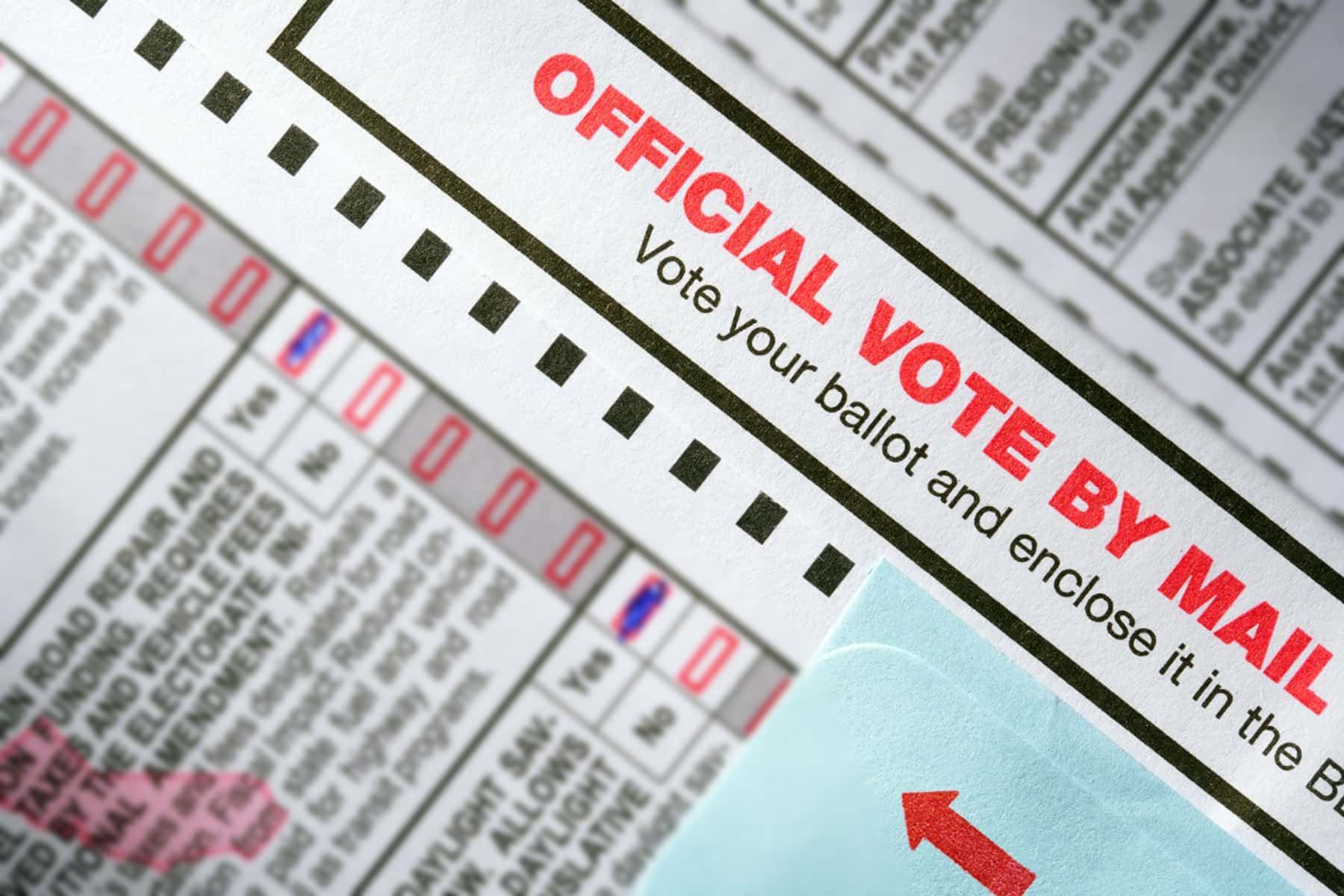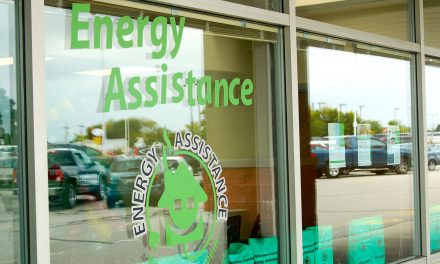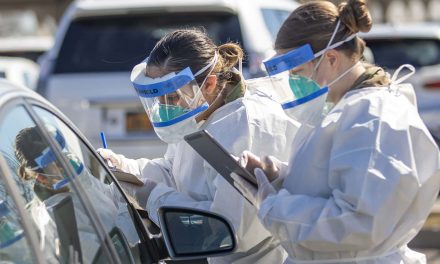
The U.S. Postal Service is investigating the failure to deliver at least 175, and possibly hundreds, of absentee ballots requested by voters in the village of Fox Point and other communities in Milwaukee County. The scrutiny comes as scores of voters across Wisconsin say they never received ballots requested long before Election Day.
Wisconsin voters requested a record 1.28 million absentee ballots, many of them seeking to avoid in-person voting during the coronavirus pandemic. But news outlets have found numerous voters in Madison, Milwaukee, Appleton, and elsewhere who said they waited to receive ballots that did not arrive before Election Day. It was reported that at least 50 people contacted the newspaper to report problems accessing mail-in ballots. Some of those voters chose to risk infection and vote in person. Others did not vote.
State Senator Dan Feyen, R-Fond du Lac, tweeted on April 8 that he had been informed of a call from a postal worker to the Wisconsin Elections Commission reporting that “3 large tubs of absentee ballots from Oshkosh and Appleton were just located.” Feyen said he was “working hard to remedy the situation.”
State Representative Gordon Hintz, D-Oshkosh, urged the Wisconsin Elections Commission and the state Department of Justice to investigate the waylaid ballots, which he said were found in a mail processing facility in Milwaukee. He also called on the Legislature to implement mail-only balloting for upcoming elections if the pandemic continues.
Controversy over absentee balloting in this election made it all the way up to the U.S. Supreme Court. A federal court judge had extended the date for Wisconsin voters to send in ballots to April 13 — citing the high number of absentee ballot requests and the ongoing pandemic. But the high court reversed that hours before the election, ordering that ballots had to be postmarked by April 7 to be counted.
Elections Commission Administrator Meagan Wolf said on April 8 that the agency heard from several clerks that absentee ballots they had mailed out were “bounced back.” Wolfe said state elections officials have been in contact with the postal service to determine the scope of the problem.
“I don’t know that we have a good handle on that yet,” said Wolf. ‘They just never got mailed’
Scott Botcher, Fox Point village manager, said his staff worked hard to quickly send ballots to all 2,877 residents who requested them. But something strange happened ahead of Election Day: USPS repeatedly returned unsent ballots without explanation.
“The ballots are not stamped ‘undeliverable’ or anything. They just never got mailed,” Botcher told PBS Wisconsin, which broke the story of the undelivered ballots.
Botcher said he and Assistant Village Manager Michael Pedersen took at least seven trips to the local post office to re-mail mysteriously returned ballots. Most of the returned ballots were meant for Fox Point voters, but about seven to 10 per day were intended for voters in neighboring Glendale, he said. A smaller share was meant for voters in nearby Whitefish Bay.
Botcher said he did not know how many ballots the village re-sent over that period, nor how many never reached voters. But on Election Day — the deadline for voters to postmark their ballots — he received a white plastic bin filled with 175 ballots that local voters never received.
“I don’t think it’s anything nefarious on the part of the Postal Service, but something just wasn’t working right,” he said.
Problem all over the state
Molly Collins, advocacy director for the ACLU of Wisconsin, said the group has heard from “tons of voters in many parts of the state” who did not receive absentee ballots they had requested. Collins was in Milwaukee on April 7 observing the election as thousands of voters — many wearing face masks for safety — waited in long lines at the city’s five polling sites to cast in-person ballots.
“I can say from being inside polling places with Election Protection yesterday that I heard so many Milwaukee voters come with that question: ‘I requested a ballot, it never came, so I need to be here to vote,’ ” Collins said, calling the situation “very frustrating.”
Neil Albrecht, executive director of the Milwaukee Election Commission, said delivery delays created an “unlevel playing field” for voters who tried to vote absentee. He said because of worker shortages, postal officials told him it could take seven to 10 days to deliver a ballot.
Albrecht said the city heard from an “extraordinary number” of voters on March 22 and 23 who reported to the Election Commission they had not received their ballots. He said he is documenting the problem and plans to report it to the postal service. Since this election was so reliant on mail-in ballots, “many voters were just disenfranchised by waiting for absentee ballots to arrive in the mail,” Albrecht said.
Fox Point ballots investigated
Bob Sheehan, spokesman for the U.S. Postal Service region serving most of Wisconsin, said the postal service is aware of the problems with the Fox Point ballots. But he had no information to share on April 8.
“People are investigating it,” Sheehan said, adding that local and district administrators were leading the probe. Sheehan said he knew of no other complaints like those in Fox Point.
“Not like this — that’s for sure. We’ve heard scattered reports of people not getting their ballots,” Sheehan said. “There were just things that I heard on the news. Nobody contacted the Postal Service directly.”
Botcher said he and Pedersen took the returned, unopened ballots back to their branch post office seeking an explanation and got none. Village officials asked them to be redelivered, and some were returned to the sender, the village of Fox Point, more than once, Botcher said.
“We’d talk to the postal people at the front desk — who were very, very nice people. Nobody was inappropriate with us in that regard — saying ‘Can you look at these, what’s wrong with these?’ And we would get the answer from the front desk people: ‘Scott, we can’t see what’s wrong with these.’ ”
Would-be absentee voters go to polls
Bobbie Perkins of Milwaukee is one of the voters who did not receive her ballot. She said she was afraid to risk in-person voting because of reports that African-Americans were contracting coronavirus at high rates. But she went to the polling site at Marshall High School on April 7 anyway.
“I didn’t care where I had to go, I was going to vote today,” Perkins said. “I think it (the election) should have been postponed because of what’s going on out here. If they say the black community is dying (of coronavirus), why would they put us in a group like this?”
Larry Borth voted at Milwaukee’s Marshall High School on election day. He said he requested an absentee ballot that never arrived, even though he could see online that it was sent March 23. Tim Lochner of Yuba in Richland County said he and his wife both requested absentee ballots. She got one — but he did not. He called a town official in charge of absentee ballots, and she hand-delivered the ballot to their home the night before the election.
“She said she didn’t have a record of mine being requested,” Lochner said. “Literally, she delivered it to my mailbox at 8 p.m. the night before the election. … I guarantee you no other town board in the state of Wisconsin was out hand-delivering these things the night before the election.”
Josh Jandrain, from the village of Plover in Portage County, shared a website screenshot indicating that his ballot was mailed March 24 — but he never got it.
“I ended up risking it today and went to the polls,” he said April 7. “I’m so angry about how this went down.”
Tristain Thomas, a logistics technician from Appleton, wore a face mask to vote on April 7 after his absentee ballot did not arrive. It finally did come — the day after the election.
Dee J. Hall, Jim Malewitz, Frederica Freyberg, Will Kenneally, and Shawn Johnson
The nonprofit Wisconsin Center for Investigative Journalism collaborates with Wisconsin Public Radio, Wisconsin Public Television, other news media and the UW-Madison School of Journalism and Mass Communication. All works created, published, posted or disseminated by the Center do not necessarily reflect the views or opinions of UW-Madison or any of its affiliates.














